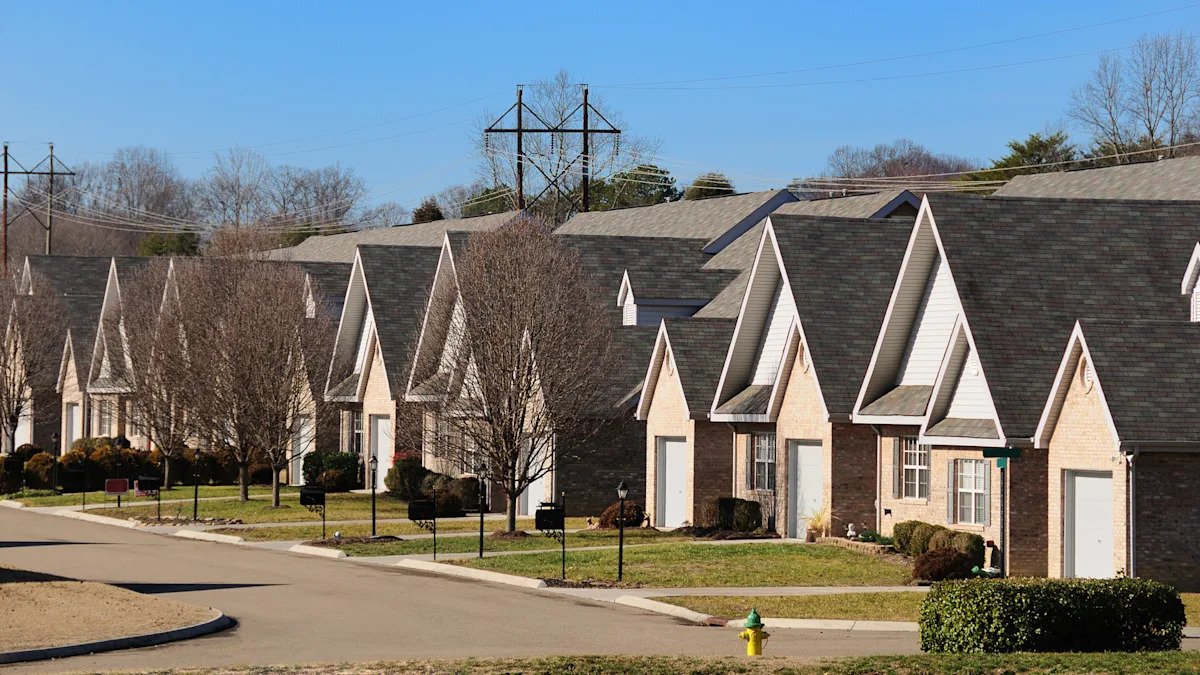W
hen planning a relocation, don’t focus solely on a property’s sticker price. Hidden costs—living expenses, property taxes, and miscellaneous fees—can inflate a city’s true cost. Equally important is the city’s economic health and trajectory. Loguidice, founder of Sell My House Fast, notes that buying real estate is an investment in a city’s future, warning that some urban centers may be uncertain by 2026.
Housing affordability remains near historic lows, and analysts predict a tough outlook for many U.S. regions, with traditional hot spots potentially experiencing downturns. Below are the municipalities you might want to steer clear of when buying next year.
Austin’s pandemic‑era boom is now easing; inventory is rising while wages lag, signaling a potential correction that could leave buyers at a peak before prices fall. Oren Sofrin, founder of Eagle Cash Buyers, attributes Austin’s surge to COVID‑era migration and tech growth, but notes that costs have spiked while demand has cooled sharply, leaving homes on the market longer due to a lack of buyers.
In the Rust Belt, places like Flint, Michigan, and Youngstown, Ohio, face economic stagnation and population decline, making them risky despite low prices. Loguidice warns that these areas may see limited upside and weak buyer demand, trapping homeowners if the market continues to fall.
Other cities flagged by analysts include Detroit, Cleveland, and St. Louis, where high property taxes and stagnant wages combine to create a fragile market. Even suburbs of Chicago that appear affordable on paper may hide steep fees and a lack of growth prospects.
Investors should examine projected job growth, infrastructure plans, and demographic trends, as these factors can signal whether a city will rebound or continue to decline. Buying at a market peak can leave homeowners vulnerable to sudden price drops, especially in cities where demand has cooled and inventory is rising. Long‑term residency plans and potential resale value should guide decisions, as short‑term market swings may not reflect a city’s underlying fundamentals.
When evaluating a city, also consider the quality of schools, crime rates, and local amenities, as these influence long‑term desirability. Also, review local tax rates and utility costs, which can significantly affect monthly expenses. Finally, consult local real‑estate experts to gauge market sentiment before committing.














